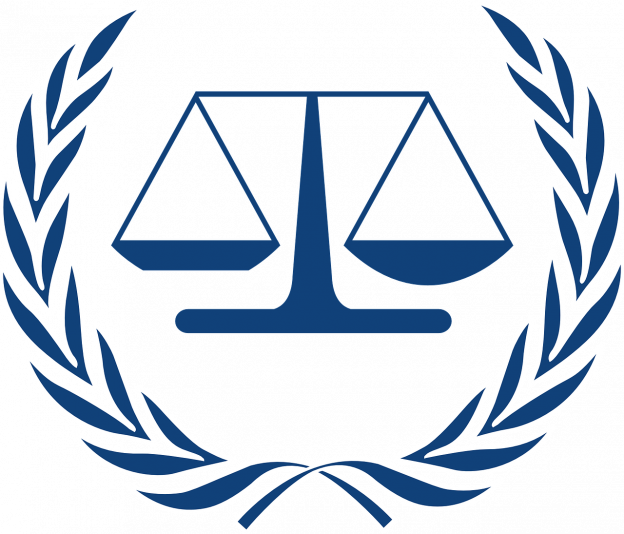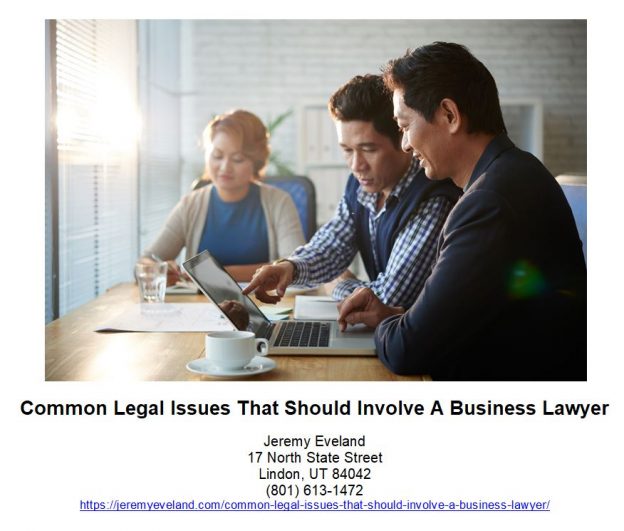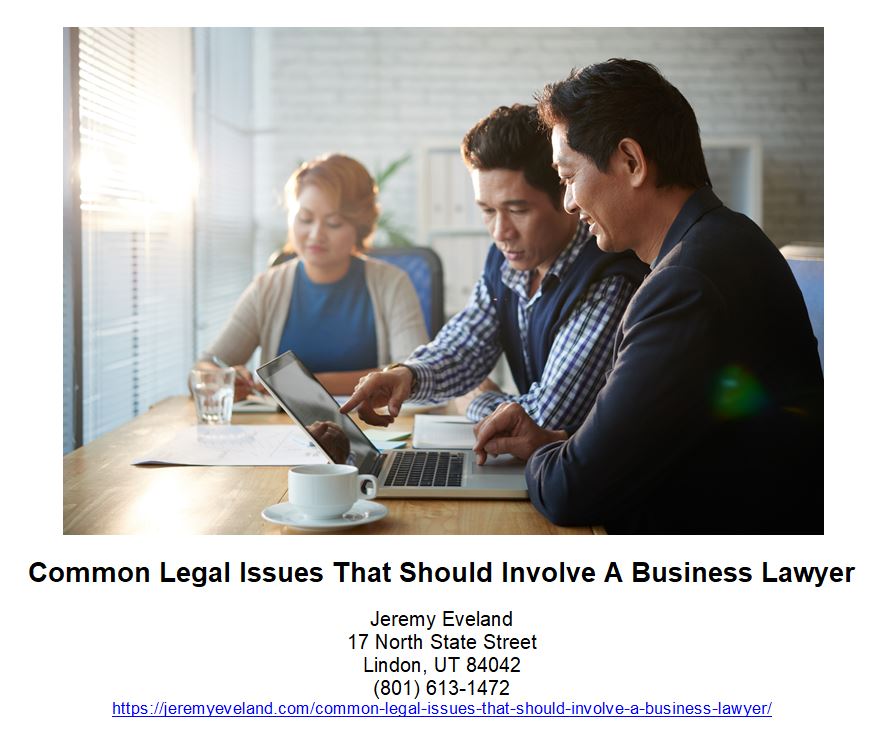If you are a business owner or the head of a company, it is essential to have a solid understanding of wrongful termination laws. Wrongful termination refers to the unlawful dismissal of an employee by an employer, violating their rights or breaching employment agreements. As an employer, it is crucial to be well-versed in these laws to avoid potential legal repercussions and protect your company’s reputation. In this article, we will provide a comprehensive overview of wrongful termination laws, including key information and frequently asked questions, to help you navigate this complex area of law and ensure that your company operates within the boundaries of the law.
Wrongful Termination Laws

Overview of Wrongful Termination
Wrongful termination refers to the unlawful dismissal of an employee by an employer. It occurs when an employee is fired in violation of their legal rights, typically due to discrimination, retaliation, breach of contract, or constructive discharge. Wrongful termination laws vary from state to state, but they generally aim to protect employees from unfair and illegal employment practices. Understanding the basics of wrongful termination is crucial for both employers and employees to navigate the complex legal landscape.
Understanding Employment At-Will
Employment at-will is a doctrine that exists in most states, including the United States. Under this doctrine, an employer can terminate an employee for any reason or no reason at all, as long as it is not a discriminatory or retaliatory motive. Similarly, employees can resign from their positions at any time without providing a reason. However, there are exceptions to this rule, and certain employment contracts may limit the employer’s right to terminate an employee at-will. It is important to understand the nuances of employment at-will to determine if a termination qualifies as wrongful.
Protections Against Wrongful Termination
To protect employees from unjust employment practices, various federal and state laws have been enacted. These laws provide certain protections and remedies for individuals who have been wrongfully terminated. Some of the key federal laws protecting employees from wrongful termination include the Civil Rights Act of 1964, the Age Discrimination in Employment Act, the Americans with Disabilities Act, and the Family and Medical Leave Act. State laws, such as the California Fair Employment and Housing Act, also offer additional safeguards for employees.
Types of Wrongful Termination
Wrongful termination can take various forms, each requiring a careful examination of the circumstances surrounding the termination. Some common types of wrongful termination include discrimination-based dismissals, retaliatory terminations, terminations in breach of an employment contract, and constructive discharge. Discrimination-based termination occurs when an employee is fired because of their race, color, religion, sex, national origin, age, disability, or other protected characteristics. Retaliatory termination happens when an employer retaliates against an employee for engaging in protected activity, such as reporting illegal activities or filing a complaint.
Discrimination and Wrongful Termination
Discrimination is a significant factor in many wrongful termination cases. Federal and state laws prohibit employers from terminating employees based on their protected characteristics, such as race, religion, gender, or disability. If an employee can demonstrate that they were fired because of discriminatory motives, they may have a strong case for wrongful termination. Discrimination can be direct, such as explicitly stating the reason for termination, or it can be indirect, such as implementing policies that disproportionately affect certain protected groups.
Retaliation as Wrongful Termination
Retaliation refers to adverse actions taken by an employer against an employee who engaged in a protected activity, such as reporting workplace misconduct or participating in an investigation. Retaliatory termination occurs when an employer fires an employee in response to their protected activity. It is important to note that retaliation can be illegal even if the underlying complaint or report was ultimately found to be unfounded. Retaliation protection encourages employees to come forward without the fear of reprisal.
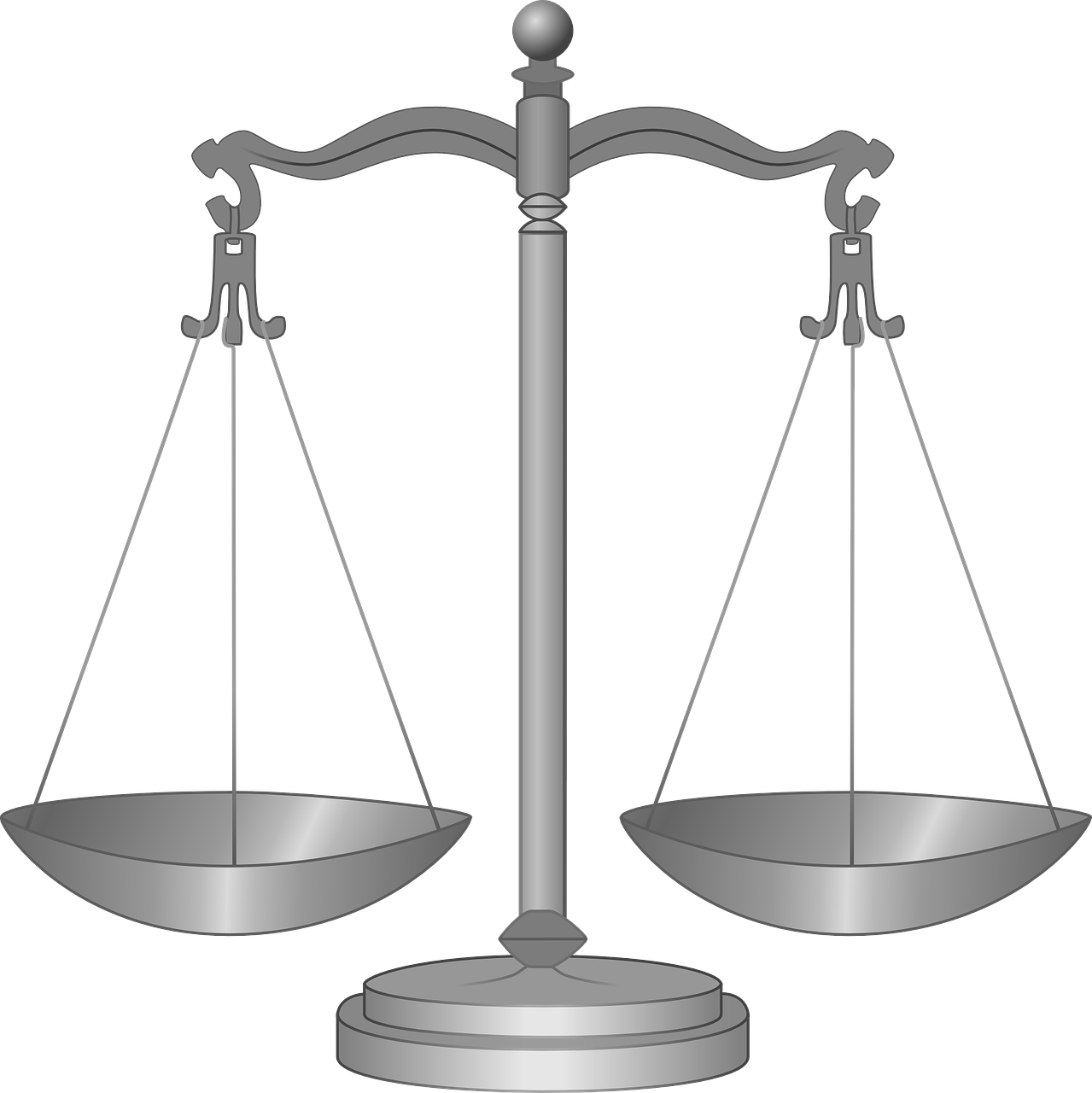
Breach of Contract and Wrongful Termination
When an employment contract exists between an employer and an employee, both parties are bound by its terms. Wrongful termination through breach of contract occurs when an employer violates the terms of the employment agreement by firing the employee without just cause or without following the specified procedures. Contractual provisions may outline specific grounds for termination or require a certain notice period before termination. Employees who can demonstrate a breach of contract may be entitled to damages for wrongful termination.
Constructive Discharge and Wrongful Termination
Constructive discharge occurs when an employer deliberately creates a hostile work environment that forces an employee to resign. While the employer does not directly terminate the employee, their actions effectively make the workplace intolerable, leaving the employee with no choice but to leave. To establish constructive discharge, the employee must demonstrate that their resignation was a reasonable response to the employer’s unlawful conduct. Wrongful termination through constructive discharge is actionable under the law, as it essentially amounts to a forced resignation due to intolerable working conditions.
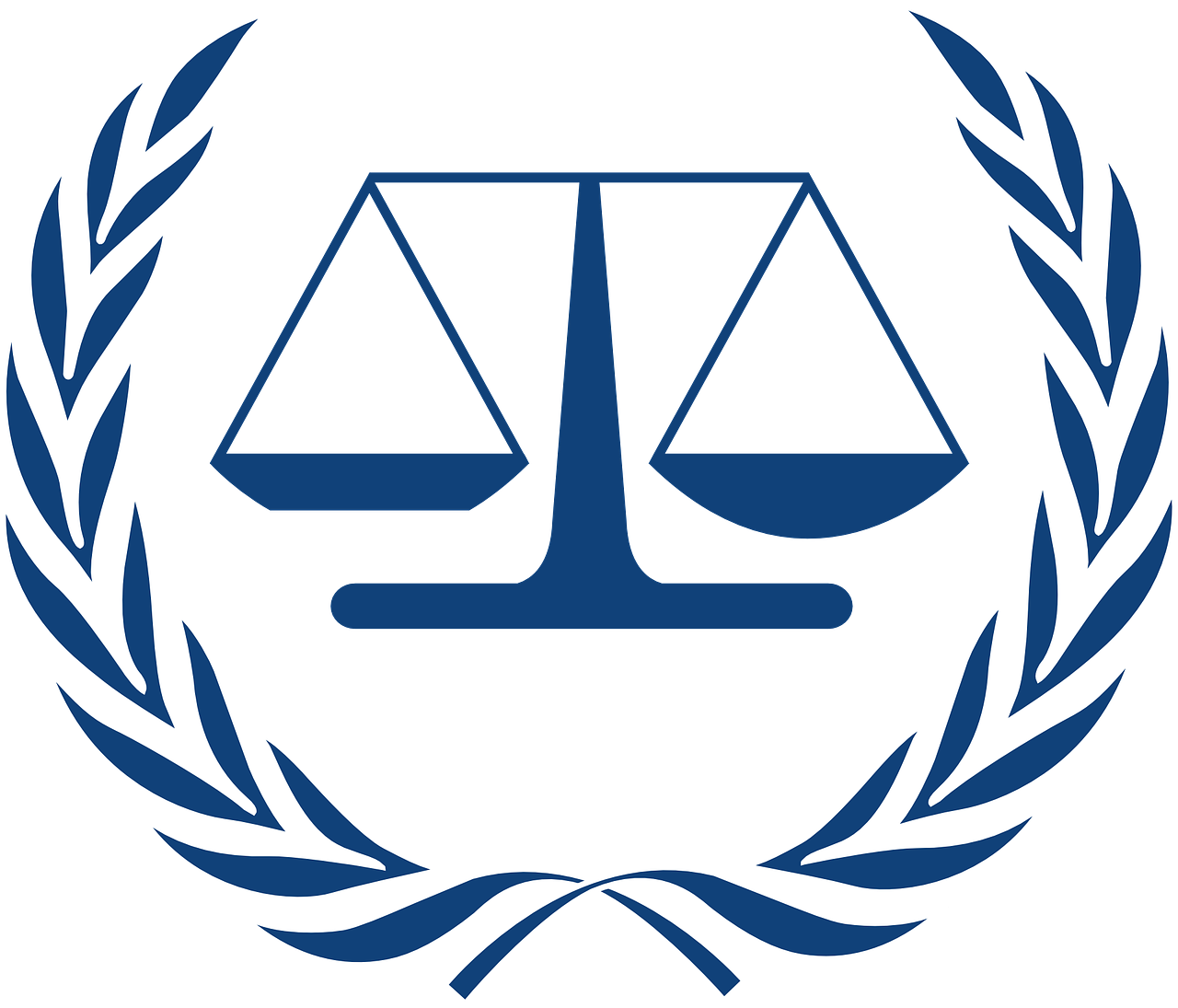
Proving Wrongful Termination
Proving wrongful termination can be a complex task, as it requires gathering evidence and establishing a clear connection between the termination and an illegal motive. In discrimination cases, for example, the employee must provide evidence showing that their termination was based on their protected characteristic, such as discriminatory statements, witnesses, or a pattern of disparate treatment. Retaliation cases require demonstrating a causal link between the protected activity and the adverse employment action. Consulting with an experienced employment attorney can be instrumental in building a strong case and navigating the legal process.
Remedies for Wrongful Termination
If an employee successfully proves wrongful termination, they may be entitled to various remedies. These can include reinstatement, back pay, front pay, compensatory damages, punitive damages, and attorney’s fees. The specific remedies available depend on the circumstances of the case and the applicable laws. Consulting with an experienced employment attorney is crucial to identify the appropriate legal recourse and maximize the chances of obtaining a favorable outcome.
Frequently Asked Questions
Q: Can an at-will employee ever sue for wrongful termination?
A: Yes, an at-will employee can sue for wrongful termination if the termination violates federal or state laws, such as those prohibiting discrimination or retaliation.
Q: How long do I have to file a wrongful termination claim?
A: The time limit to file a wrongful termination claim varies depending on the jurisdiction and the specific legal claim involved. It is important to consult with an attorney promptly to ensure compliance with the applicable deadlines.
Q: Are employers required to provide a reason for termination?
A: In most cases, employers are not required to provide a reason for terminating an at-will employee. However, they cannot terminate an employee for discriminatory or retaliatory reasons.
Q: Can I be wrongfully terminated if I don’t have an employment contract?
A: Yes, even without an employment contract, employees are protected by federal and state laws that prohibit wrongful termination based on discrimination, retaliation, or other unlawful motives.
Q: What should I do if I believe I have been wrongfully terminated?
A: If you believe you have been wrongfully terminated, it is recommended to consult with an experienced employment attorney who can assess your situation, explain your rights, and guide you through the legal process to seek justice and appropriate remedies.
Remember, the information provided here is general in nature and not legal advice. It is always best to consult with an attorney for guidance specific to your situation.
